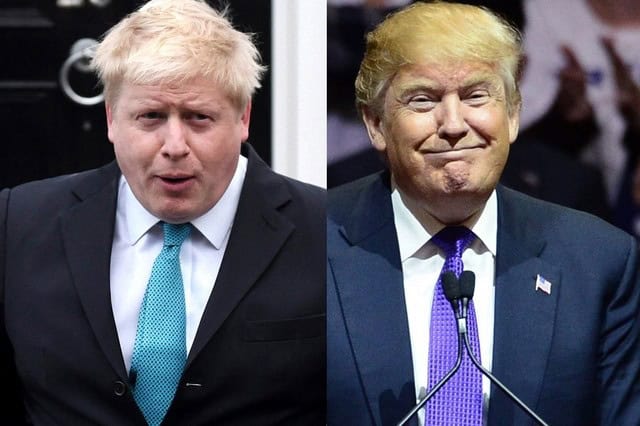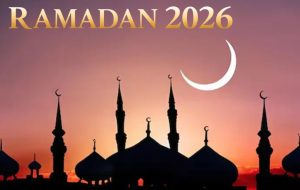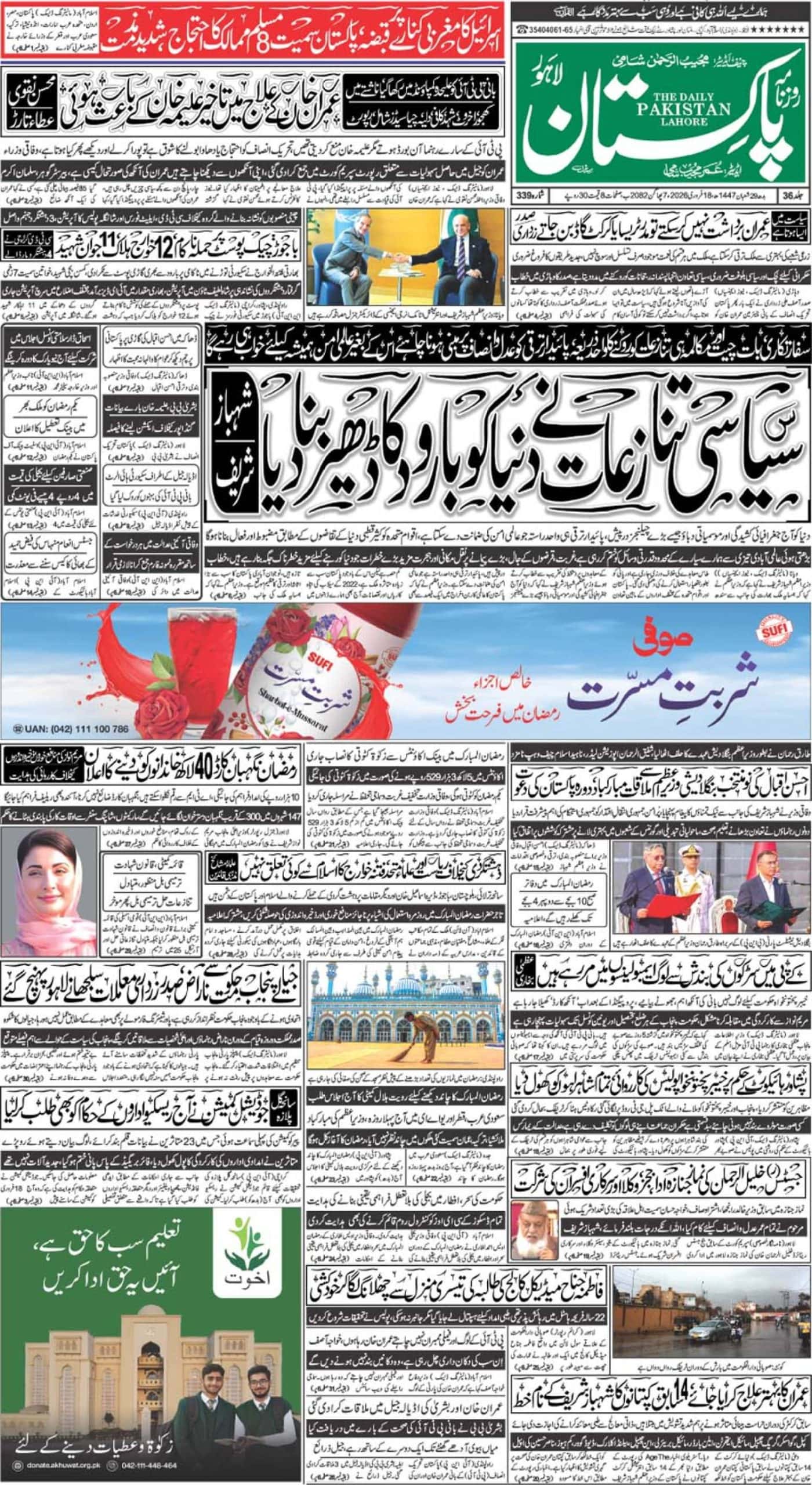Oxford Dictionary has declared “post-truth” its 2016 international word of the year, reflecting what it called a “highly-charged” political 12 months.
The dictionary defined the term as an adjective, adding “relating to or denoting circumstances in which objective facts are less influential in shaping public opinion than appeals to emotion and personal belief”.
Oxford Dictionaries says post-truth is thought to have been first used in 1992. However, the editors said that use of the term “post-truth” had increased by around 2,000% in 2016 compared to last year. The spike in usage, it said, is “in the context of the EU referendum in the United Kingdom and the presidential election in the United States”.
Oxford Dictionaries’ Casper Grathwohl said post-truth could become “one of the defining words of our time”.
“It’s not surprising that our choice reflects a year dominated by highly-charged political and social discourse. Fuelled by the rise of social media as a news source and a growing distrust of facts offered up by the establishment, post-truth as a concept has been finding its linguistic footing for some time,” she added.
Contenders for the title had included the noun “alt-right”, shortened from the fuller form “alternative right” and defined as “an ideological grouping associated with extreme conservative or reactionary viewpoints, characterised by a rejection of mainstream politics and by the use of online media to disseminate deliberately controversial content”.
First used in 2008, its use “surged” this spring and summer, said the dictionary, with 30% of usage in August alone. Brexiteer was also in the running for the crown, along with non-political terms including coulrophobia, the fear of clowns, and hygge, the Danish concept of cosiness.
The rest of the shortlist:
Adulting: noun, informal
The practice of behaving in a way characteristic of a responsible adult, especially the accomplishment of mundane but necessary tasks.
Alt-right: noun
An ideological grouping associated with extreme conservative or reactionary viewpoints, characterised by a rejection of mainstream politics and by the use of online media to disseminate deliberately controversial content.
Brexiteer: noun, informal
A person who is in favour of the United Kingdom withdrawing from the European Union.
Chatbot: noun
A computer program designed to simulate conversation with human users, especially over the internet.
Coulrophobia: noun
Extreme or irrational fear of clowns.
Glass cliff: noun
Used with reference to a situation in which a woman or member of a minority group ascends to a leadership position in challenging circumstances where the risk of failure is high.
Hygge: noun
A quality of cosiness and comfortable conviviality that engenders a feeling of contentment or wellbeing (regarded as a defining characteristic of Danish culture).
Latinx: noun
A person of Latin American origin or descent (used as a gender-neutral or non-binary alternative to Latino or Latina).
Woke: adjective, US informal
[Originally in African-American usage] Alert to injustice in society, especially racism.














